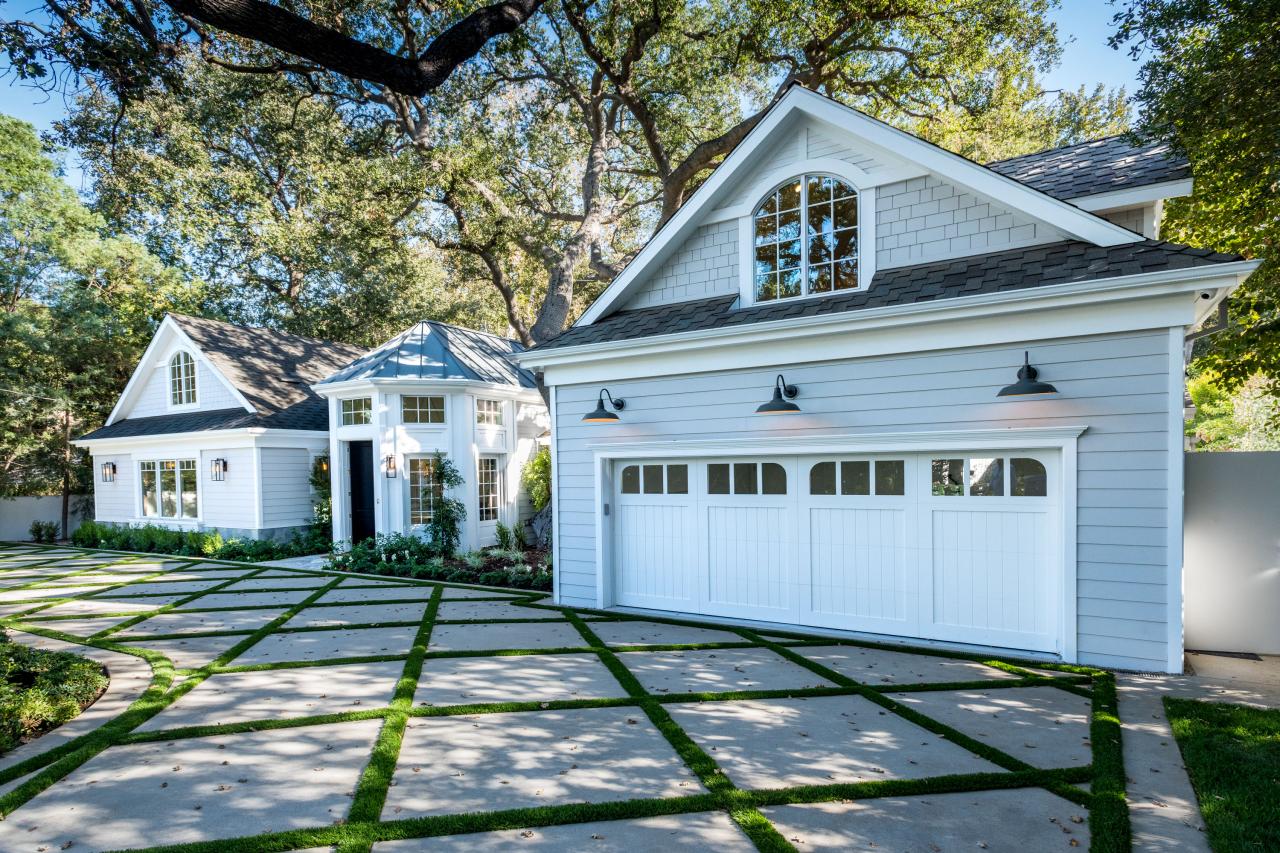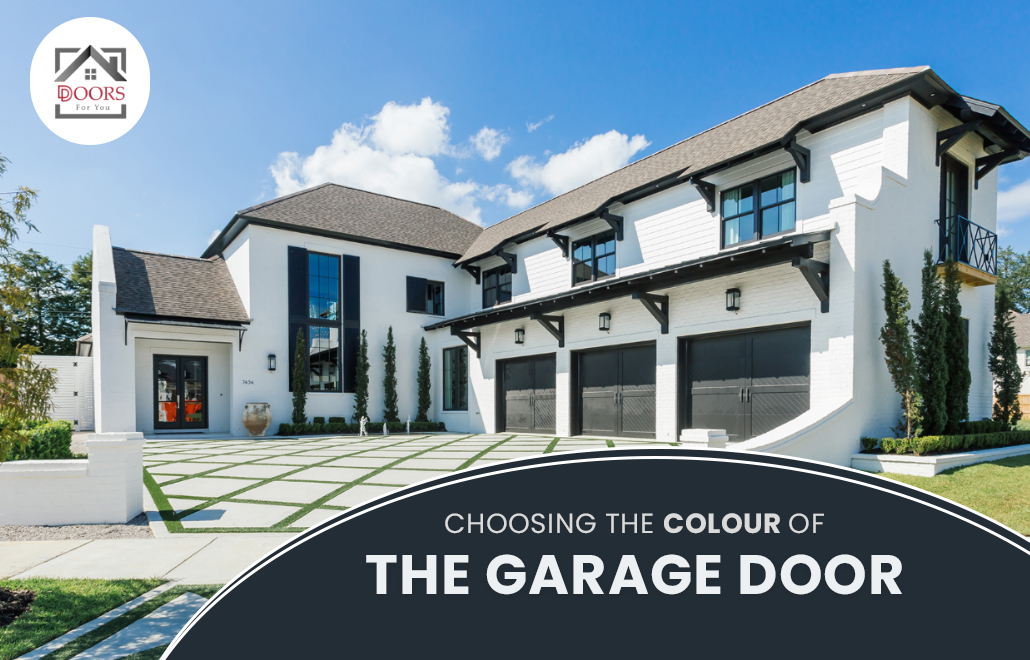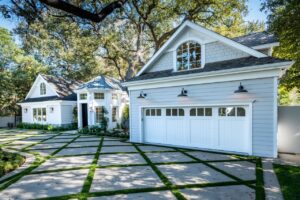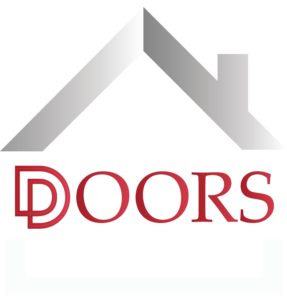Most of the time, garage door problems are brought on by regular wear and tear. Thankfully, contemporary garage doors are better prepared to handle the varying seasons. However, not everything gets better with time. For instance, issues like dirty or out-of-alignment sensors might occur at any time.
That might sound easy enough, but routine maintenance can avoid most garage door issues. This enables you to locate the source of the never-ending assault of squeaks and squawks that finally causes the door to practically stop in its tracks.
Have you noticed that your garage door produces more noise than usual—perhaps even a rumble—as it moves? As a result of poor lubrication or worn parts, the usual mechanical noises connected with garage door issues are probably beginning to startle you.
Noises tend to draw attention since they command you to look and determine the source of the issue. After all, a noise today can very easily develop into a more serious issue in a few of days. The top 6 garage door problems you’re most likely to have are listed below.
1. Expired Garage Door Rollers
If you look at the overhead track as the door opens and closes, notice the rollers connected to small axles on each side of the door. The rollers ride in tracks that guide the door up and down smoothly.
The rollers wear out over time through everyday use, and if neglected, they eventually show signs of wear that quickly worsen. Soon, the rollers or tracks begin making the unmistakable noise of metal-on-metal as the door rolls up.
When the rollers wear to the point where they stick, the garage door can stall or even jump off the tracks because of pressure applied by the opener when it’s in motion.
2. Garage Door Broken Torsion Springs
You may observe big springs if you look at your garage door tracks. You can get a decent sense of how strong the springs need to be to hold your garage door by the fact that it can weigh several hundred pounds.
Because your door’s springs’ primary function is to sustain its weight and move it smoothly down the rails when it opens and closes on command, they are always under stress. The springs ultimately lose their power and begin to wear down, or worse, they can split in half. The springs need to be repaired or replaced, which calls for specific tools and expertise.
3. Garage Door faulty cables
The cables used in garage door openers are designed to deliver consistent pressure to the garage door during motion for smooth operation.
The garage door may appear uneven when it is moving if the wires are worn out, stretched, or broken. A faulty cable frequently results in the door being partially closed, which can lead to the garage door crashing, endangering animals or anybody walking below it.
4. Damaged Garage Door sensor
A garage door may suddenly open or close or stop responding to remote control orders, among other unanticipated behaviours. It might be annoying, but frequently all that is needed is to clean the sensor lens.
On either side of your garage door, the rails support the optical sensors. The emitter is one, while the receiver is the other.
Before turning on the automatic reversal feature, you must calibrate the sensors, which entails aligning them with one another and adjusting the amount of resistance needed.
If the laser beam is damaged, the sensors’ job is to stop the garage door from shutting. The opener believes something, or someone is obstructing the door if anything triggers the sensor. The door will then instantly turn around and return to its open position.
5. Rumbling Sounds
Check all the system’s nuts and bolts if your garage door starts producing unusual noises. No matter how old or how fresh the garage door is, loose bolts will generate an odd noise that might indicate the door is going to fall.
If you wait long enough, it might accomplish that. If you turn off the unit’s electricity and have the right tools, you might be able to restore peace by simply tightening the screws and bolts.
6. Garage Door Opens Slowly
Sticky or worn rollers make noise but can also make the garage door move slowly. The speed setting on the garage door opener could be another contributing factor.
Call Doors For You right away to fix any of the aforementioned garage door issues or garage door problems you may be having.















